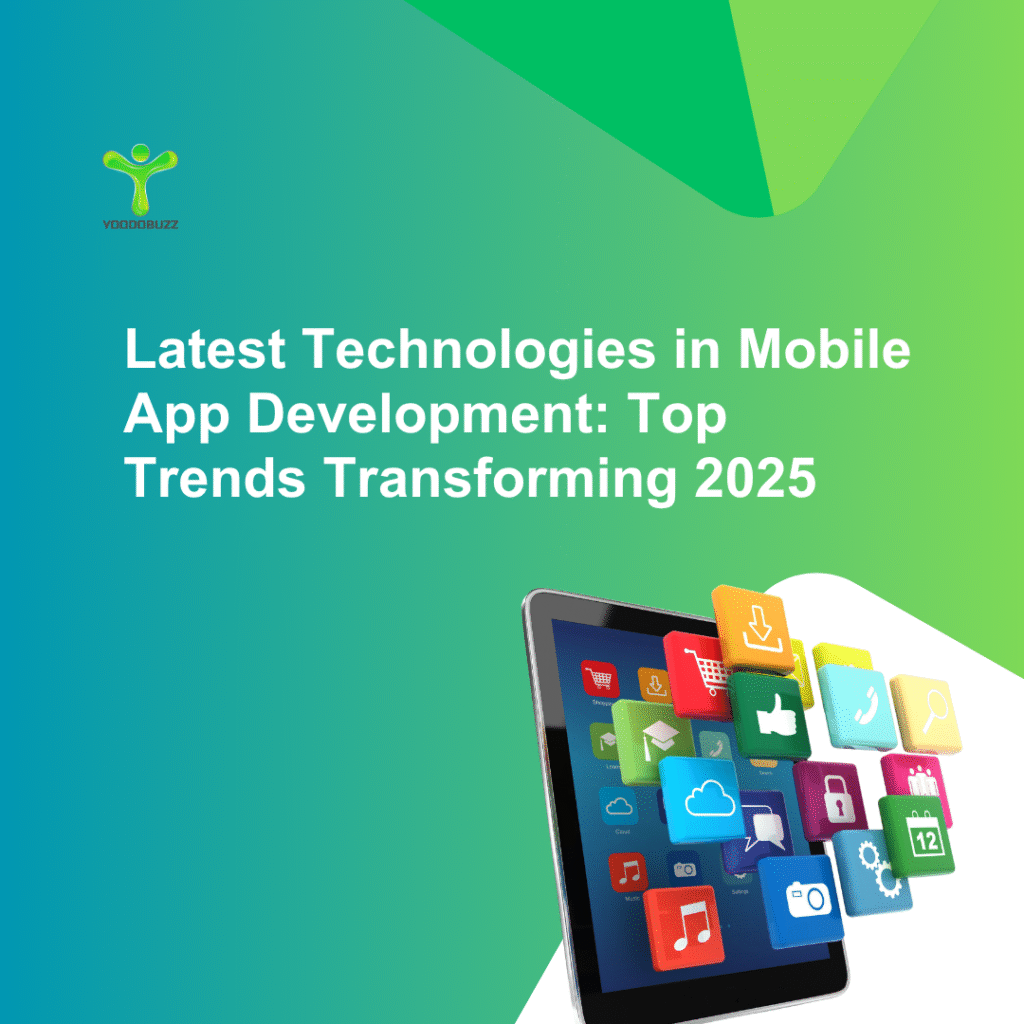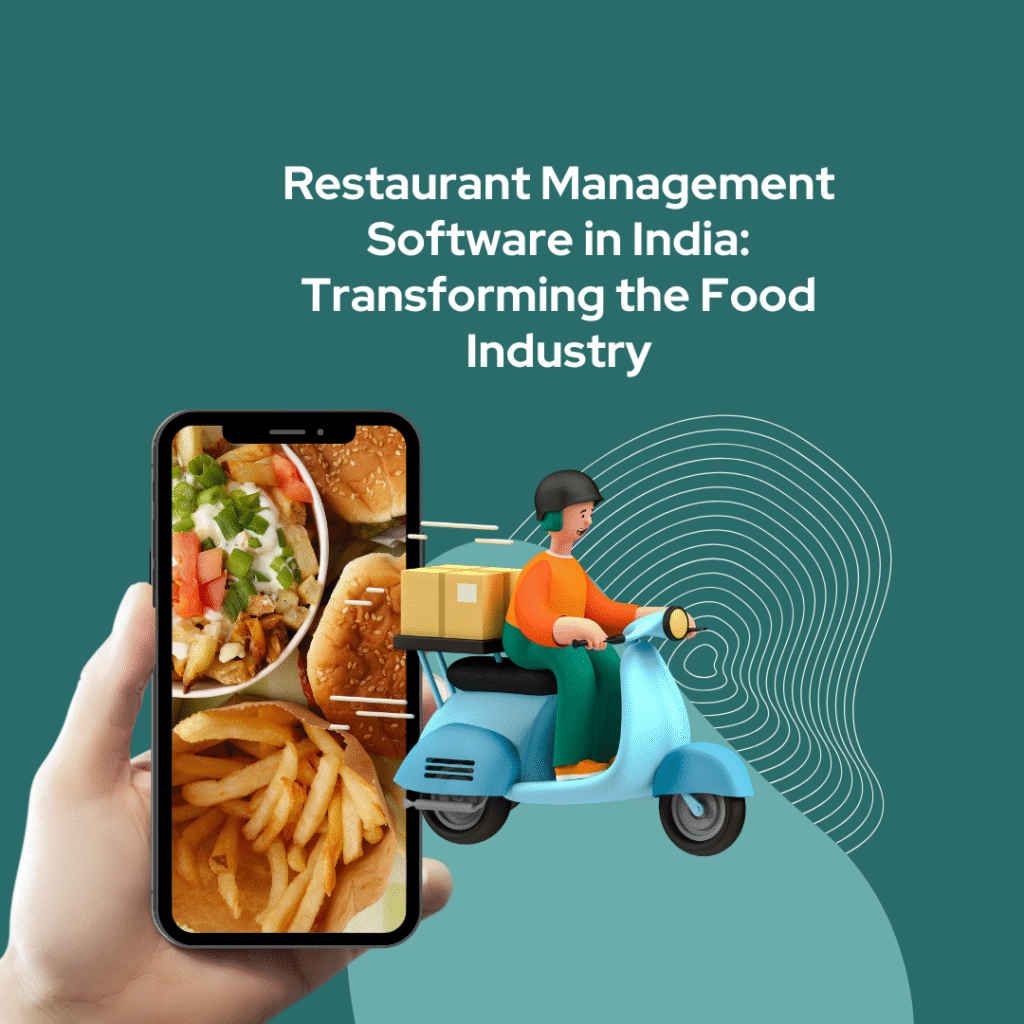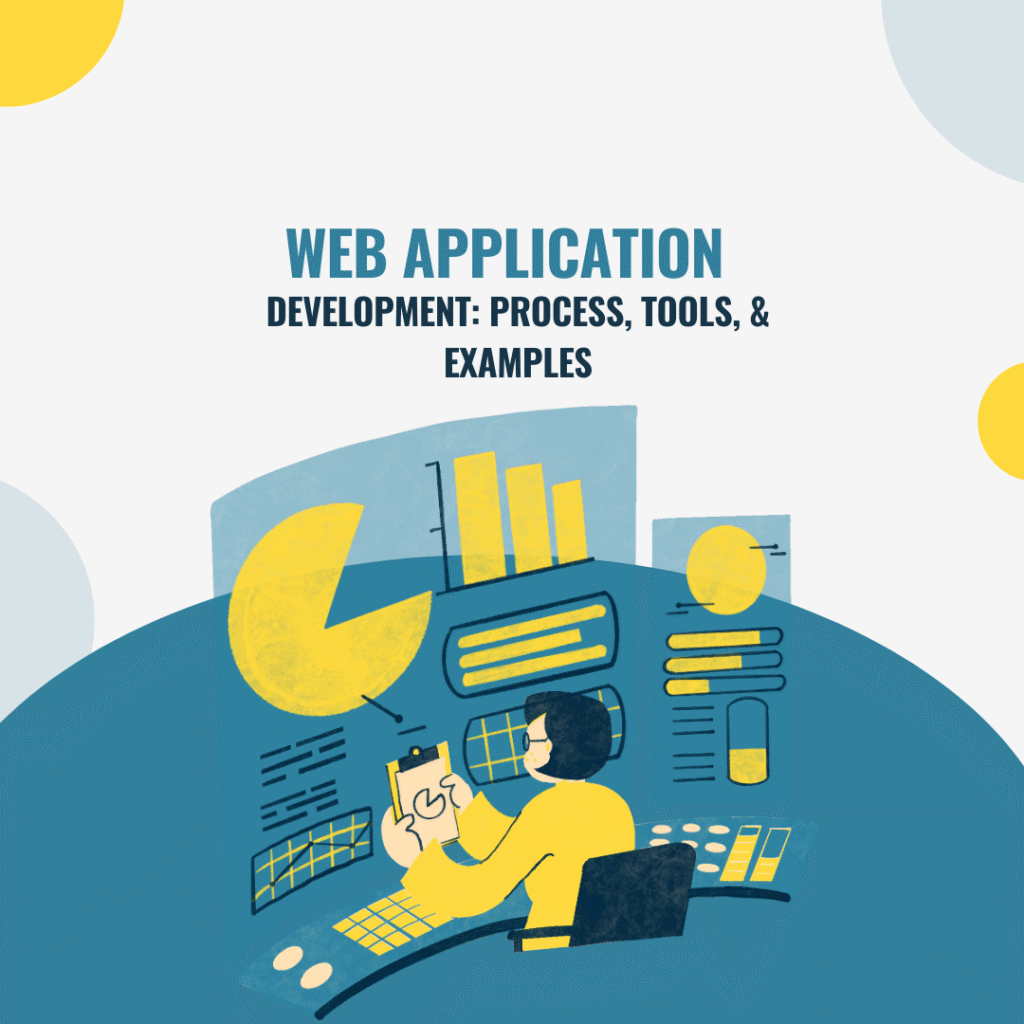Mobile apps are no longer just tools — they’re part of everyday life. From ordering food to managing finances, everything happens through mobile applications. As innovation accelerates, developers are embracing the latest technologies in mobile app development to deliver smarter, faster, and more connected user experiences.
Let’s explore the top emerging technologies shaping mobile app development in 2025.
1. Artificial Intelligence and Machine Learning in Mobile Apps
AI and ML are the driving forces behind intelligent and adaptive mobile apps.
Key uses:
Personalized recommendations (Netflix, Spotify)
AI chatbots and voice assistants
Predictive analytics and automation
SEO tip: Businesses using AI in mobile app development can deliver more engaging and data-driven experiences.
2. 5G Connectivity Revolutionizing Mobile App Performance
The arrival of 5G technology has drastically changed how apps perform.
Benefits include:
Ultra-fast speed and low latency
Seamless real-time streaming and gaming
Enhanced AR/VR app experiences
With 5G, developers can build next-generation mobile apps that handle heavy data without lag.
3. Augmented Reality (AR) and Virtual Reality (VR) Apps
AR and VR technologies are redefining user interaction.
Use cases:
Virtual try-ons in fashion apps
Real estate 3D tours
Immersive education and gaming experiences
AR and VR app development helps brands deliver realistic, engaging experiences that boost customer retention.
4. Internet of Things (IoT) in Mobile App Development
IoT enables mobile apps to communicate with smart devices, creating connected ecosystems.
Examples: Smart home apps, wearable fitness trackers, and remote healthcare monitoring.
By integrating IoT, businesses can build smarter mobile apps that offer real-time data insights and control.
5. Cross-Platform App Development Frameworks
Technologies like Flutter, React Native, and Xamarin allow developers to build apps for multiple platforms using a single codebase.
Advantages:
Reduced development cost
Faster deployment
Consistent design and functionality
Cross-platform development is a must for startups and enterprises aiming for wider mobile app reach.
6. Blockchain Technology for Secure Mobile Apps
Blockchain brings transparency, traceability, and enhanced security.
Applications:
Secure digital transactions
Supply chain management
Identity verification
Blockchain-based mobile apps ensure data protection and build user trust through decentralization.
7. Cloud-Based Mobile Applications
Cloud technology simplifies storage, scalability, and real-time synchronization.
Benefits:
Faster data access
Reduced device storage usage
Seamless multi-device integration
Cloud app development ensures efficiency and reliability in enterprise-level mobile apps.
8. Voice Recognition and Natural Language Processing (NLP)
Voice-enabled apps powered by NLP are redefining hands-free convenience.Examples: Google Assistant, Alexa, and voice search apps.
They improve accessibility and enhance user satisfaction through smart voice interfaces.
9. Progressive Web Apps (PWAs) for Faster Performance
PWAs combine the best of web and mobile apps.Features:
No installation needed
Works offline
Quick loading and updates
Progressive Web App development is a cost-effective solution for businesses seeking speed and reach.
10. Wearable Technology in Mobile App Development
Smartwatches and fitness wearables have opened new doors for app integration.Use cases: Health tracking, notifications, and fitness monitoring.
This wearable app integration enhances real-time data usage and user engagement.
The Future of Mobile App Development
The future of mobile app development lies in adopting technologies that enhance speed, intelligence, and connectivity.From AI-driven insights to 5G-enabled performance, the latest mobile app development trends are paving the way for a more digital and personalized world.
At YoodoBuzz, we specialize in building innovative, AI-powered, and cross-platform mobile applications that help businesses stay ahead in the tech race.



